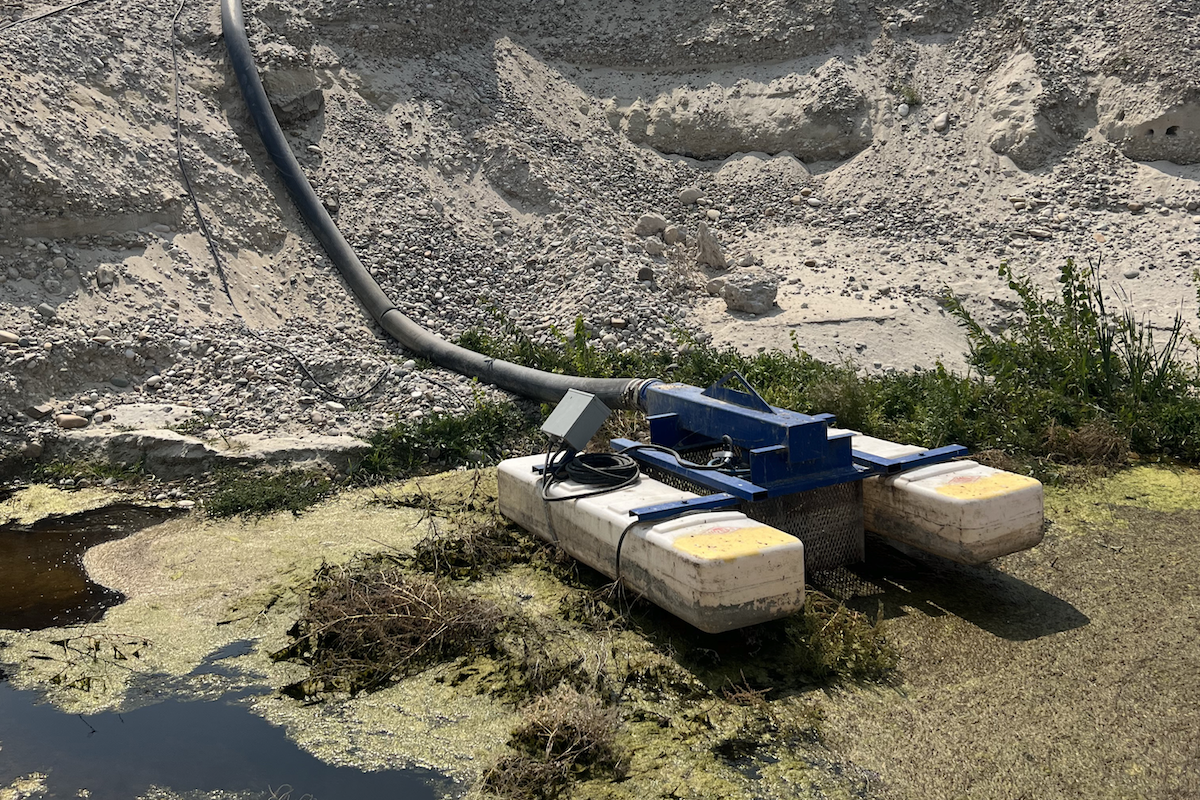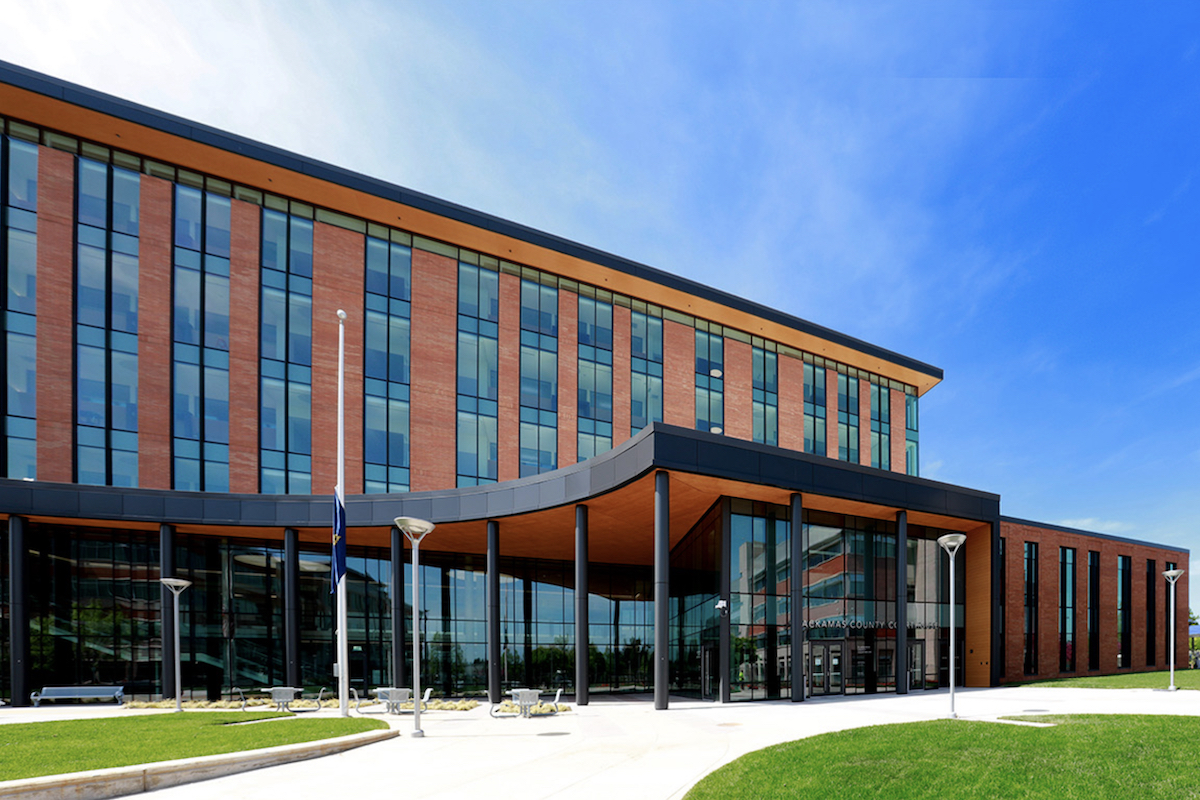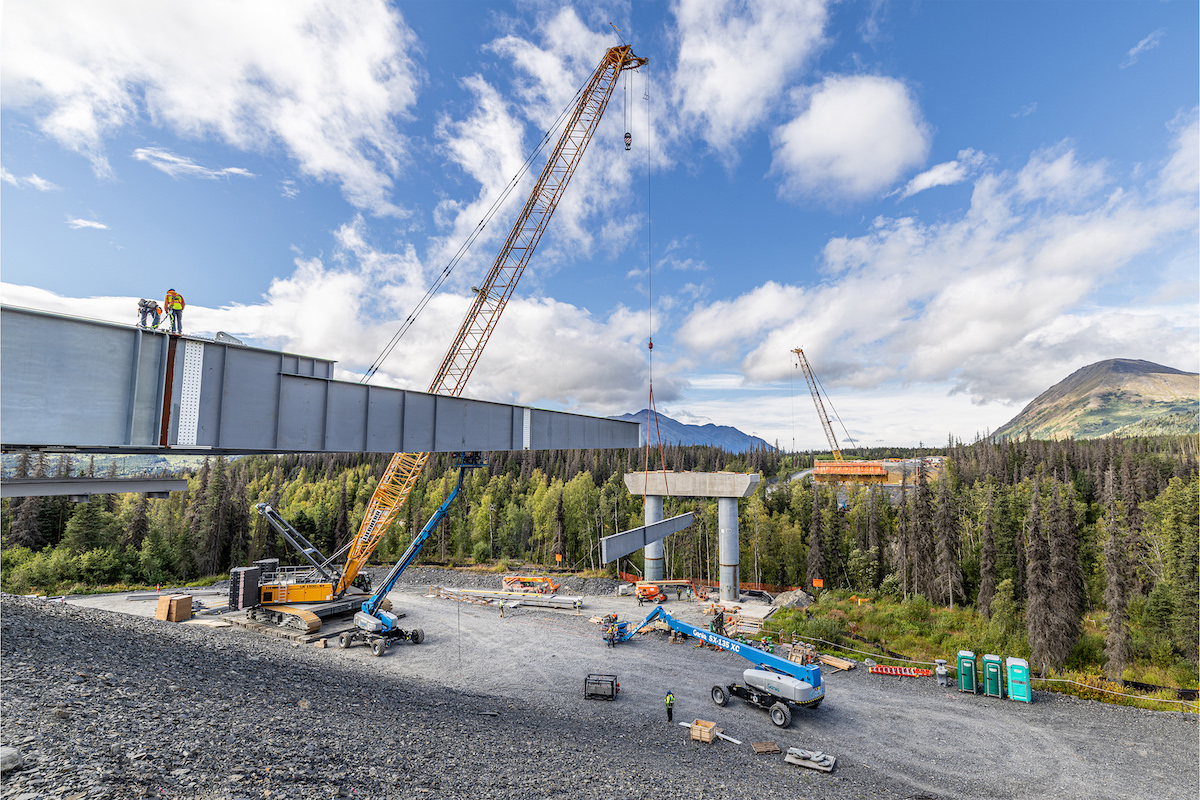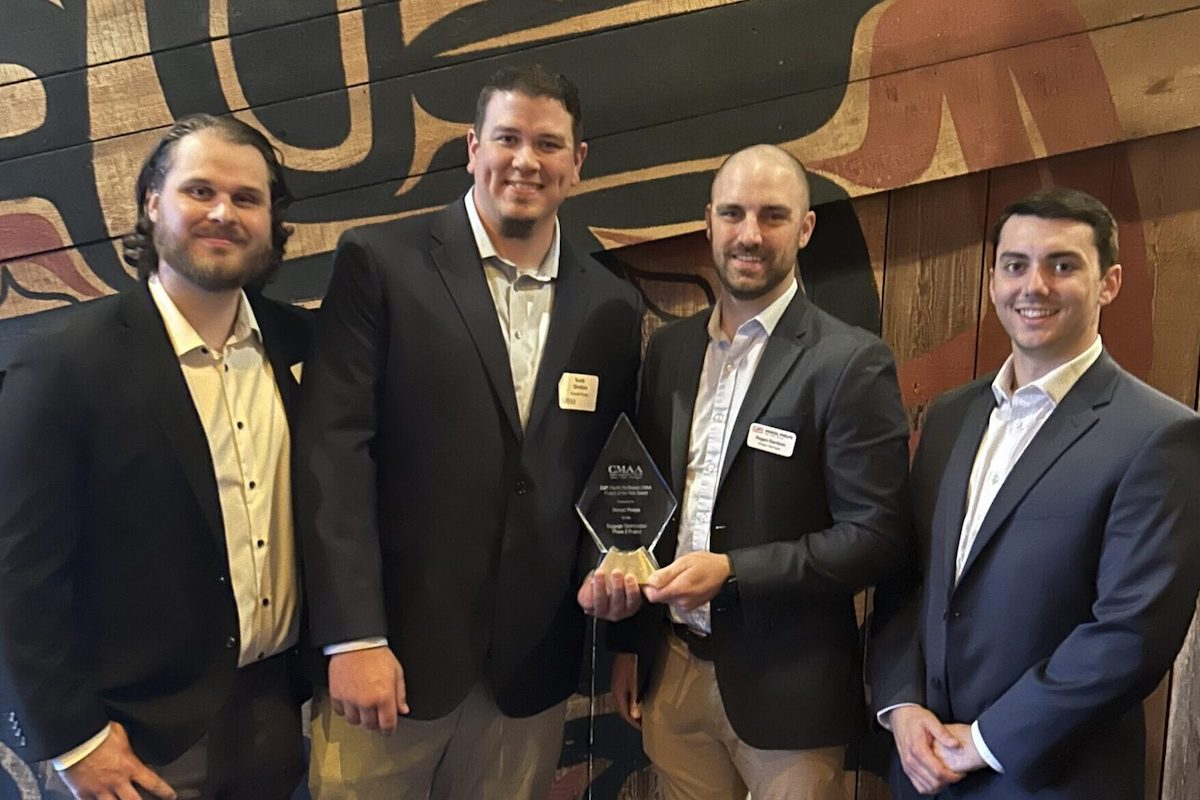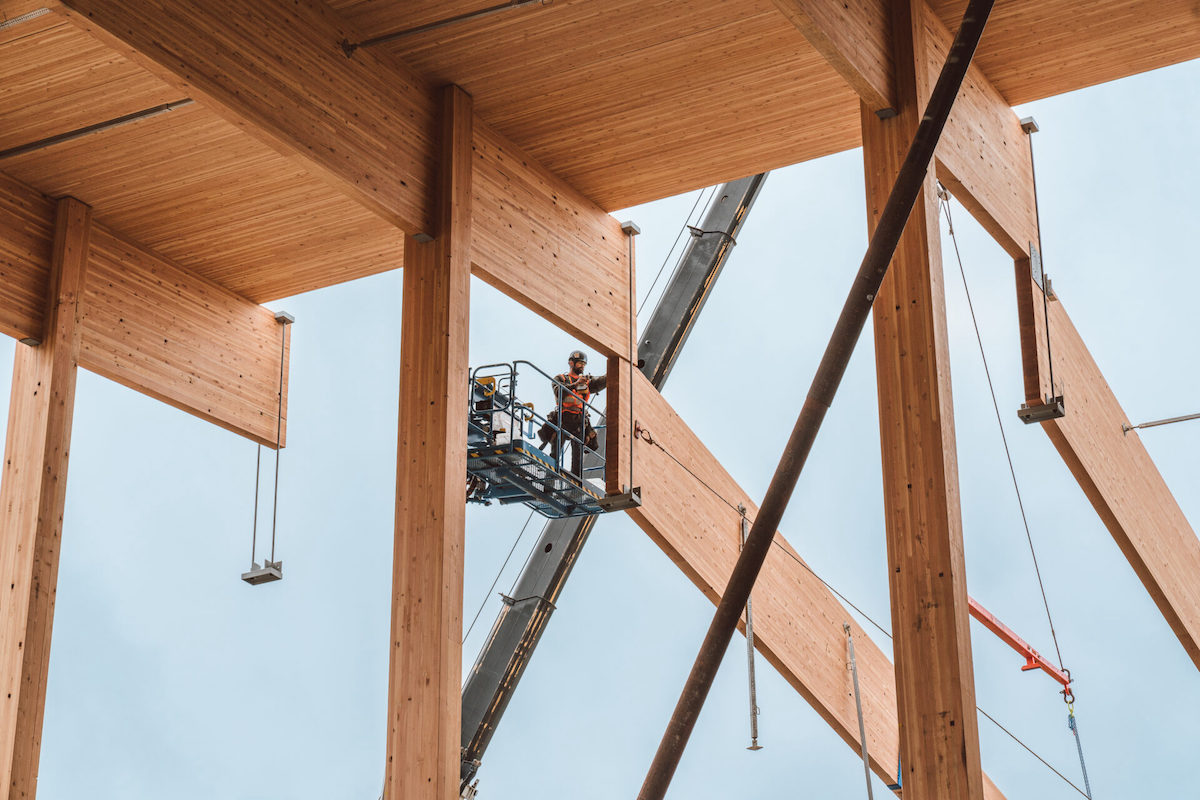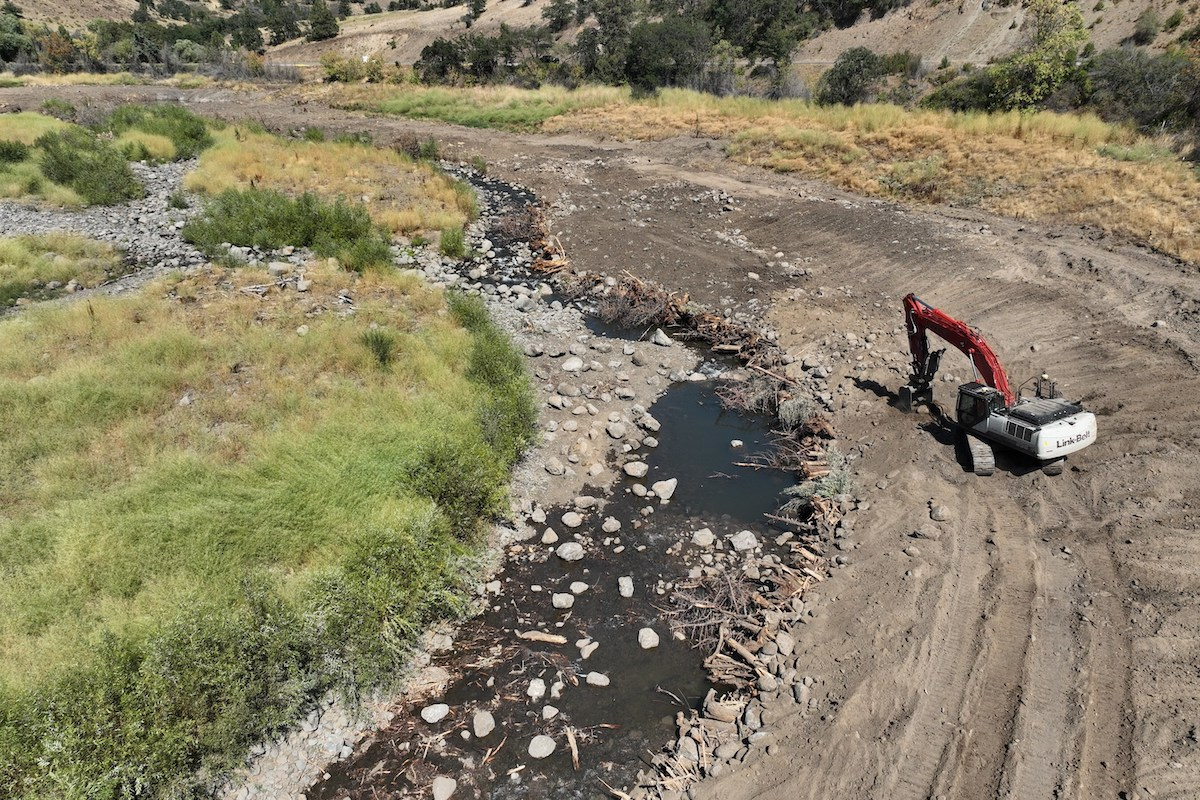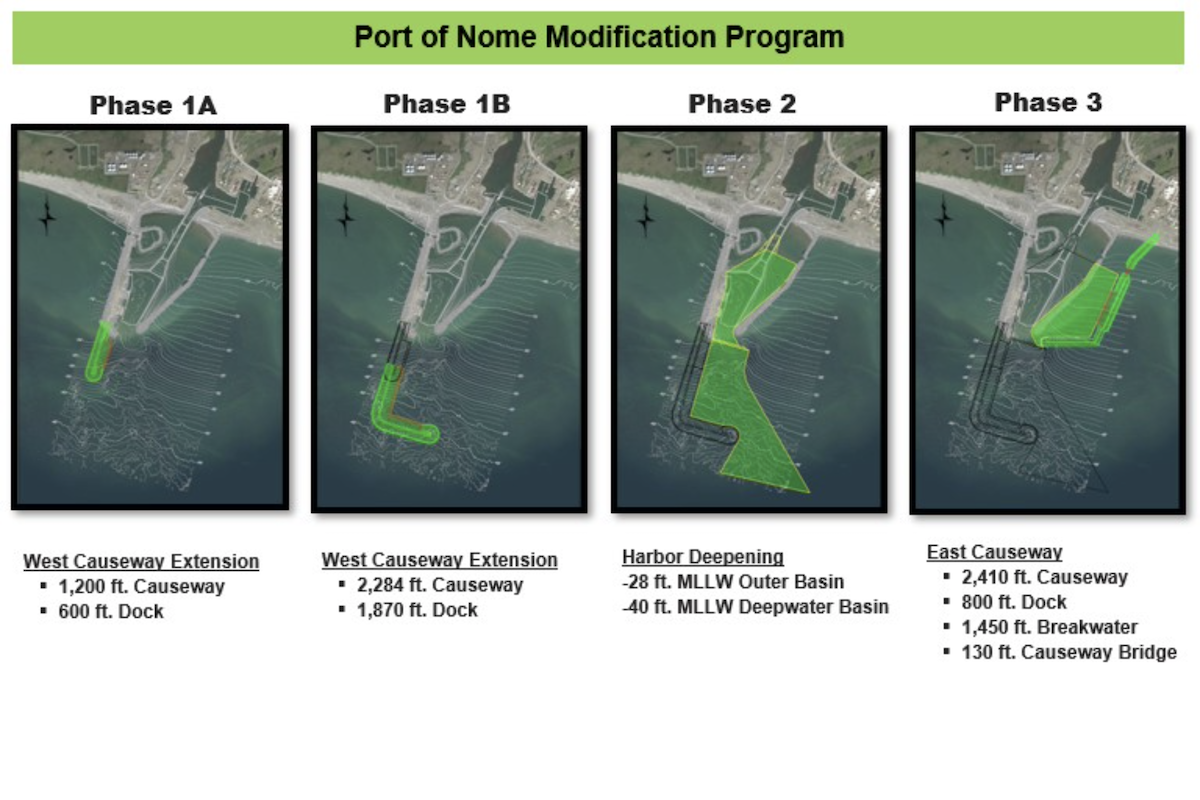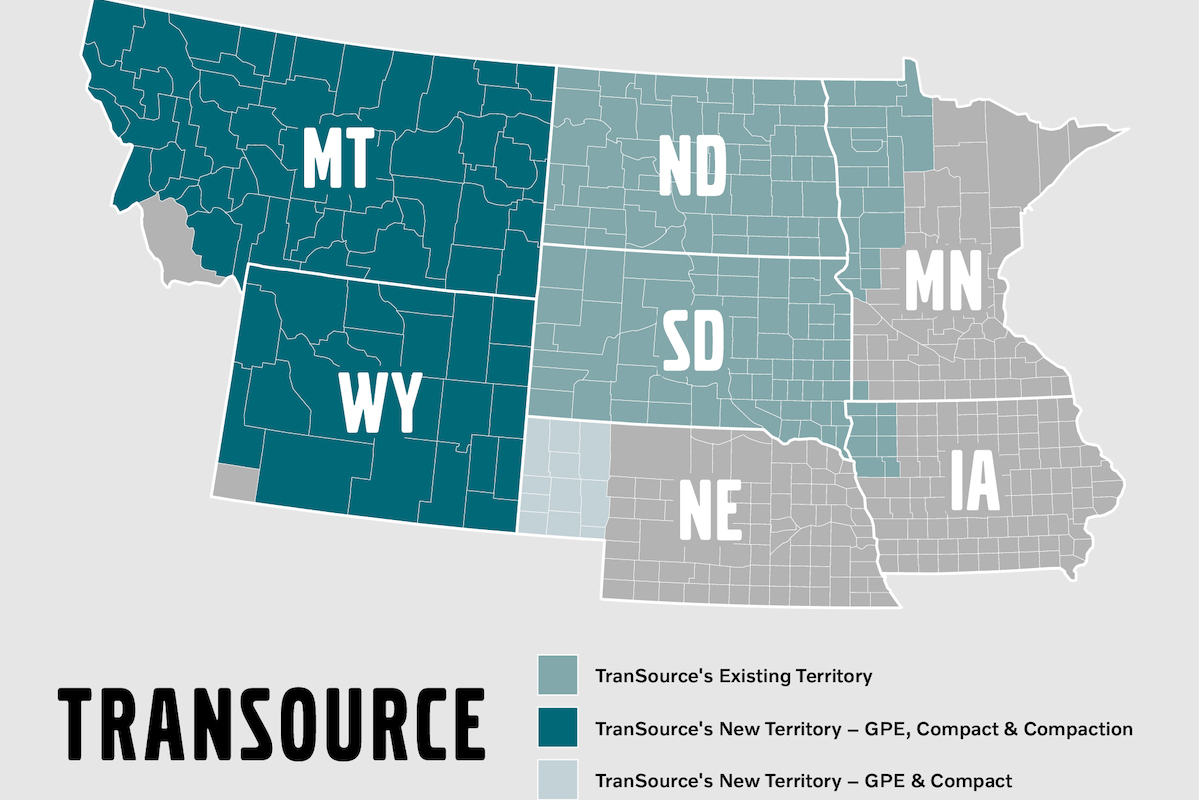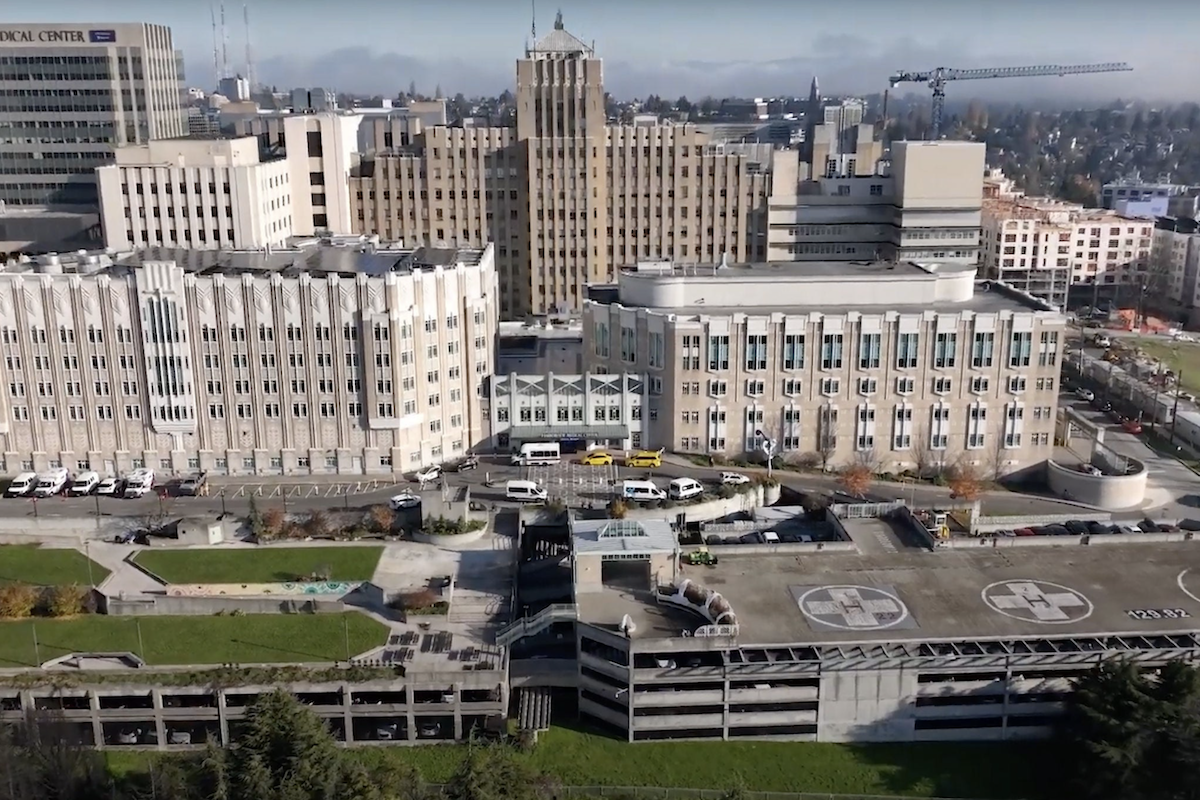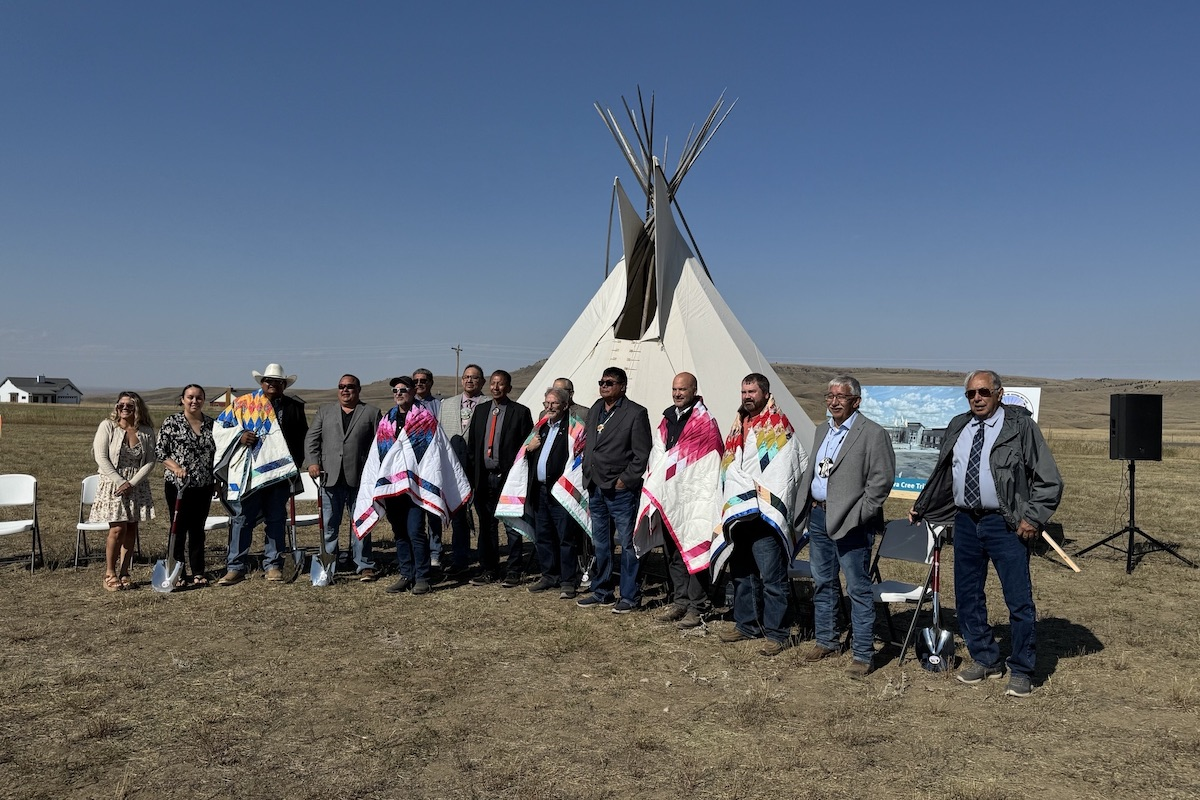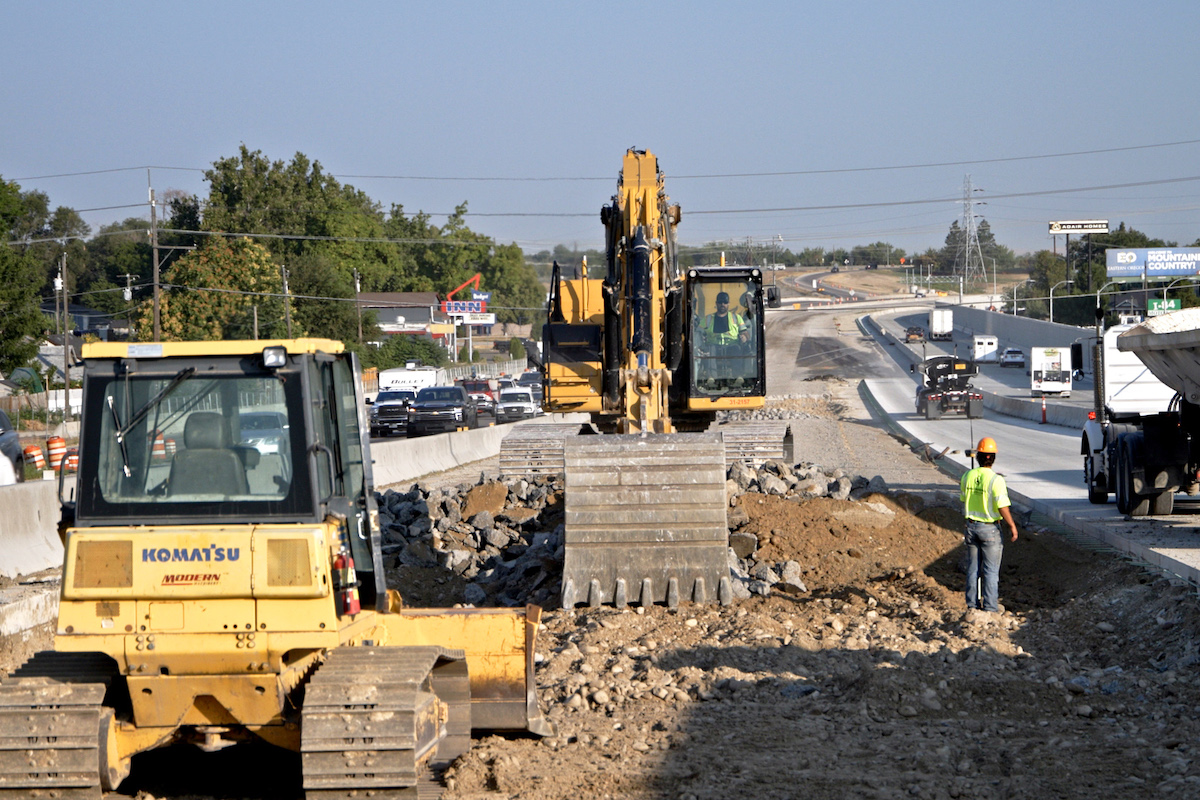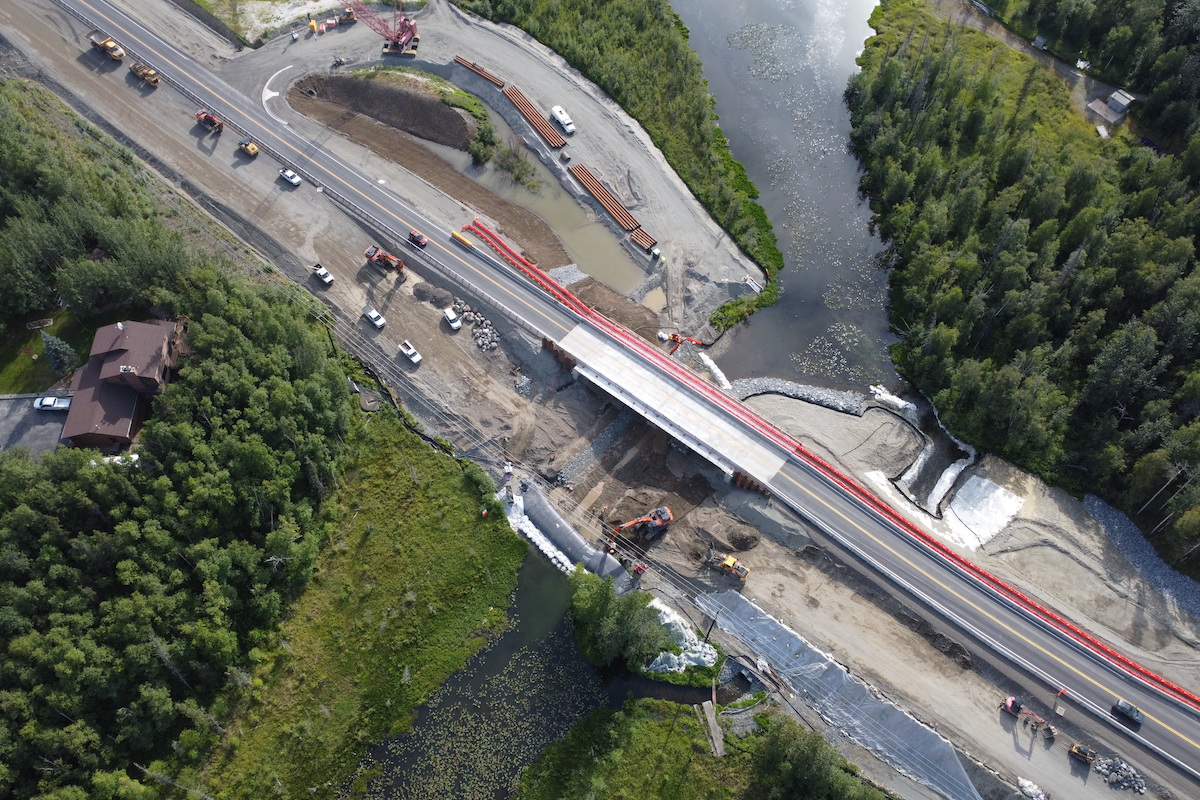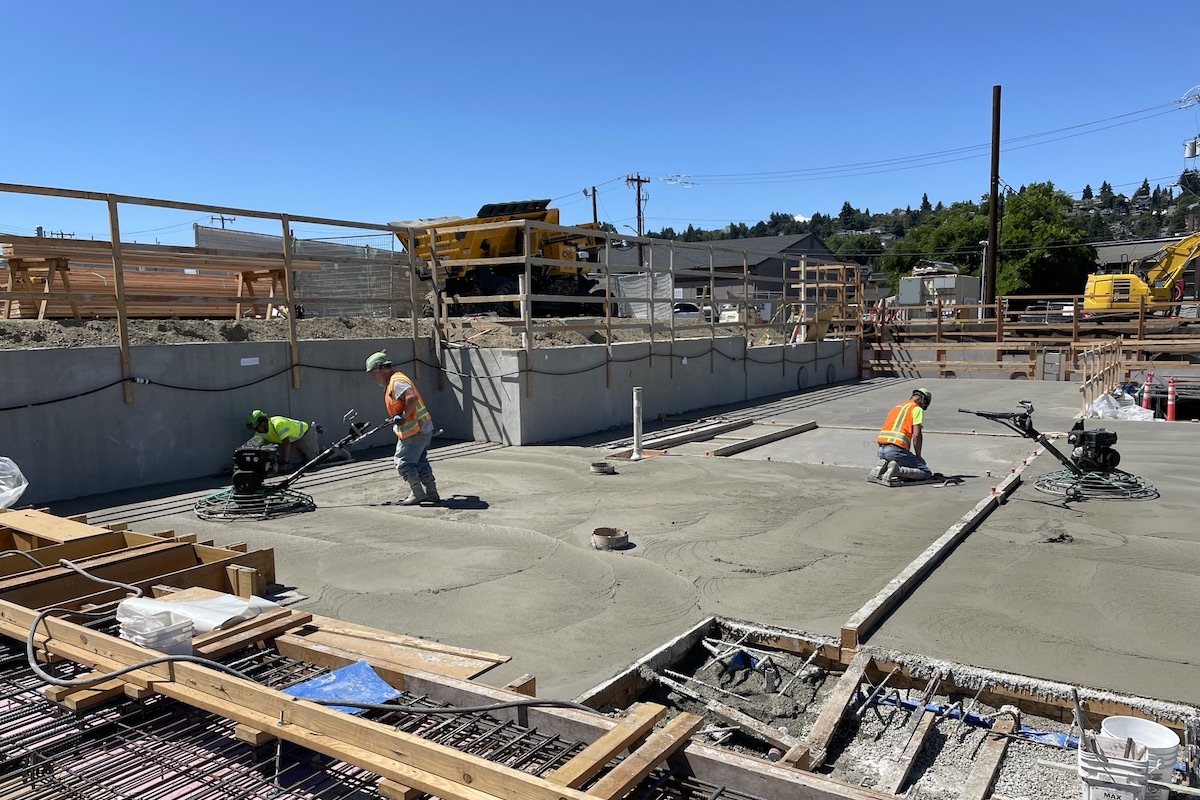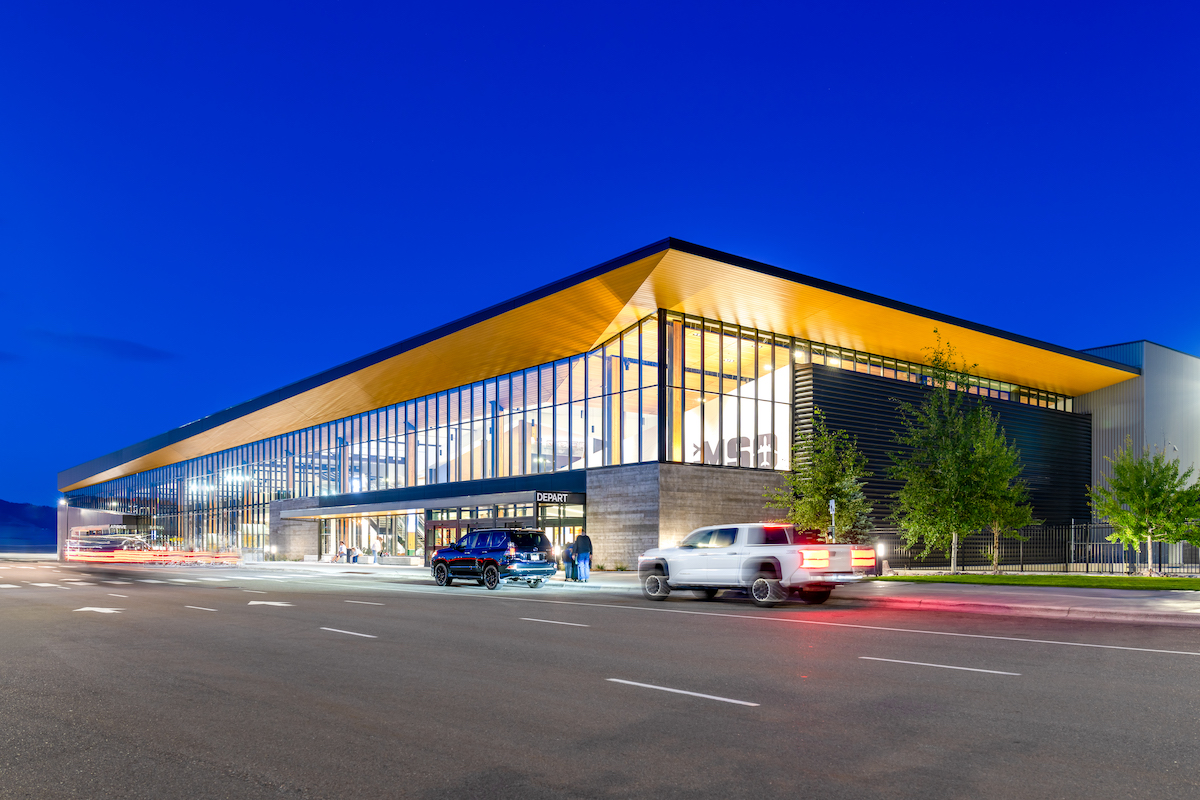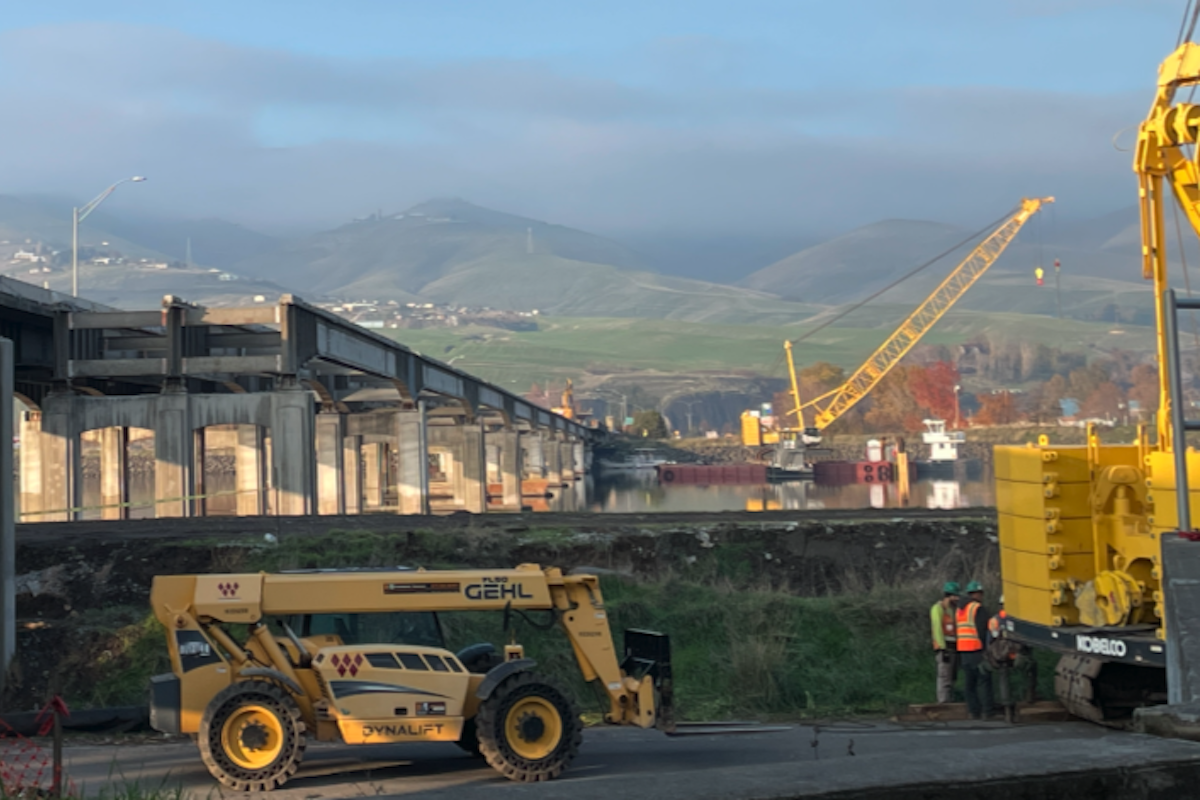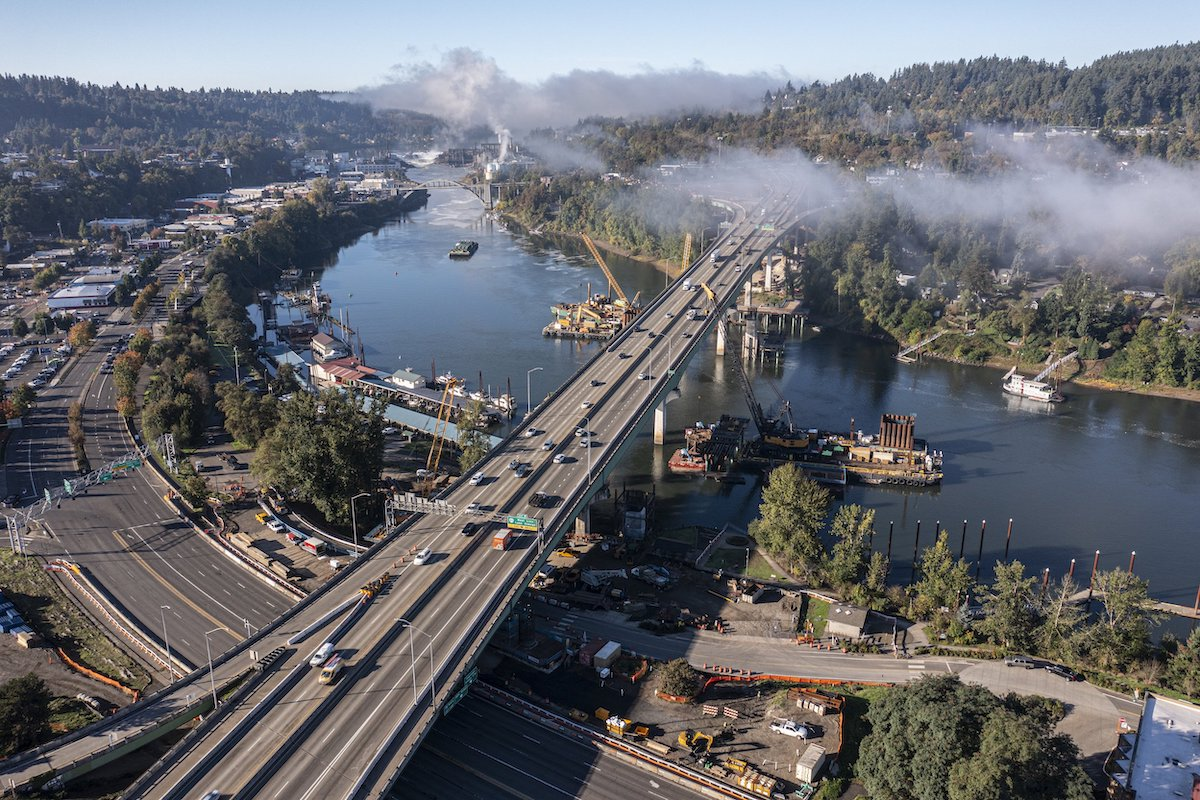“We have a need for updating our aging infrastructure and also a need to build for growth,” said Brooke Paup, Chairwoman of the Texas Water Development Board (TWDB). “We’re hit with a double whammy that I don’t think a lot of other states have to deal with.”
Financial help is on the way for the state’s transportation and water projects, with historic investments resulting in part from the first year of funds from the Infrastructure Investment and Jobs Act (IIJA), the $1.2 trillion bipartisan infrastructure package signed into law in 2021.
Challenges from labor shortages, supply chain issues, and inflation aren’t going away, unfortunately, but the increased funding and new innovations will help make 2023 a busy year for the Texas construction industry.
According to J. Bruce Bugg, Jr., Chairman of the Texas Transportation Commission, the unprecedented level of investment in the 2023 UTP positions Texas to fully apply anticipated increases to the state’s Proposition 1 and Proposition 7 funds, in addition to federal funding from the IIJA.

| Your local Somero dealer |
|---|
| American Construction Supply |
“Texas’ rapid growth reinforces the importance of investing in transportation to efficiently move both people and freight across our diverse state,” said Marc Williams, Executive Director of the Texas Department of Transportation (TxDOT). “TxDOT is working hard to not only build the new roads and transportation capacity Texas needs, but to maintain the more than 80,000 miles of roads and other transportation infrastructure under our care.”
The UTP funds will coincide with an additional $32 billion over the life of the program for routine maintenance contracts and project development for more than 7,000 transportation projects and a total investment of $117 billion statewide.
For the coming year, “The 2023 UTP includes a significant increase of potential funding to deliver projects in 2023,” said Tanya Brown, TxDOT Spokesperson. “Those projects are expected to address TxDOT’s strategic goals for the transportation system, which include promoting safety, preserving our assets, reducing congestion, and increasing rural connectivity.”
The impact will stretch across the state, with the largest TxDOT projects scheduled to let in 2023 all located in different counties. (See “TxDOT’s Top 10 List of Highway Construction Projects” for details.)
With rural regions of the state supporting the critical energy and agricultural industries, the new UTP includes a historic funding increase to $14 billion for projects in rural areas. In addition, with Texas ranking as the nation’s largest producer of oil, natural gas, and wind-powered electricity, the UTP allocated $2.5 billion to the Category 11 Energy Sector Program focusing on roadway safety and pavement preservation.

| Your local Trimble Construction Division dealer |
|---|
| SITECH Northwest |
The Texas Transportation Commission also authorized $600 million from Category 12 (Strategic Priority) to fund specific highway improvement projects in the Permian Basin region located in TxDOT’s Odessa, San Angelo, Lubbock, and El Paso Districts. That area has experienced increased truck traffic on largely rural highways, stretching road capacity and driving up crash rates. Several projects already let for construction, but about $528 million remains programmed in the 2023 UTP for projects under development.
“Texas’ 20 ports are powerhouses of the state’s economy and serve as gateways to global trade,” Brown said. “In 2020, Texas ports moved more than 607 million tons of cargo, maintaining the state’s position as the nation’s top exporter by tonnage. Each year, Texas ports support nearly $450 billion in the Texas economy alone.”
To facilitate that waterborne commerce, the 2024-2025 Ports Mission Plan identifies $9.67 billion of port projects, including inland connectivity needs, port capital infrastructure improvements, and ship channel improvement projects.
“The infrastructure investment opportunities highlighted in this report are expected to ease congestion, attract private investments, and create jobs,” Brown said. “To that end, TxDOT included two exceptional items in its Legislative Appropriations Request for 2024-2025 totaling $550 million: $150 million to fund port infrastructure projects and $400 million to seed the Ship Channel Improvement Revolving Fund.”
According to AGC’s analysis of government data, construction companies nationwide added 20,000 employees in November 2022, with construction employment totaling a record-high 7.75 million, an increase of 3.3 percent from a year earlier.

| Your local Metso Minerals Industries Inc dealer |
|---|
| PacWest Machinery |
| Westate Machinery Co |
In another AGC analysis of 358 metro areas between October 2021 and October 2022, two Texas cities topped the list of construction jobs added – Houston/The Woodlands/Sugar Land at 26,000 jobs (12 percent increase) and Dallas/Plano/Irving at 14,300 jobs (10 percent increase). The metro area of Beaumont/Port Arthur, Texas, experienced the fourth-highest percentage gain at 15 percent (2,500 jobs).
As of November 2022, AGC’s nationwide analysis showed that construction companies continued to raise wages for hourly workers more steeply than other sectors. However, despite all the gains, job vacancies continued to outpace hiring.
“With the increased funding levels from the 2023 UTP, an increase in projects is expected across the state, but higher construction costs driven by inflation could impact that expected growth,” Brown said.
To mitigate the problem, the 2023 UTP authorized the Texas Transportation Commission to increase funding up to 25 percent in Category 2 (Metropolitan and Urban Area Corridor Projects), Category 4 (Statewide Connectivity Corridor Projects), and Category 12 (Strategic Priority) for the state’s mobility projects, such as highway widening and interchanges.
“This measure gives TxDOT the flexibility to consider increasing funding at the time of contract award if the bids received are acceptable,” Brown said. “Other efforts that TxDOT makes to mitigate the impact of the changing market include the review of project scopes, limits, and material alternatives. In addition, TxDOT is actively working with our local stakeholders, regional planning partners, and the contracting industry to identify and mitigate risks to provide transportation solutions.”

| Your local Volvo Construction Equipment dealer |
|---|
| PacWest Machinery |
With an organizational focus on continuous improvement, TxDOT regularly evaluates new practices. “Key areas include accelerating delivery of construction projects, researching additional ways for contractor bid submissions, and increasing the focus on pedestrian safety and environmental factors,” Brown said.
To improve work zone safety, “TxDOT is currently utilizing and expanding the use of smart work zone technologies to communicate real-time travel times to the public,” Brown said. “Additionally, staff is evaluating the use of connected vehicle data to evaluate speeds and hard braking within work zones.”
Other emerging technologies being researched by TxDOT include digital 3-D design, anonymized crowdsourced data, and expanded use of geospatial information.
Over the next five years, the state expects to receive approximately $2.5 billion through the IIJA to improve water and wastewater infrastructure. The money will be distributed as part of the Environmental Protection Agency’s (EPA) State Revolving Fund (SRF) grants, which the TWDB administers each year on behalf of the state.
This year, the TWDB already put $222 million from the IIJA to work as part of making $750 million available for financing regular water and wastewater projects. Another $285 million in specialized funding from the IIJA is available for any identified projects addressing EPA-designated emerging contaminants or lead drinking water service lines.

| Your local Superior dealer |
|---|
| Westate Machinery Co |
The TWDB also administers other financial assistance programs on behalf of the state for the construction of water supply, wastewater treatment, flood control, and agricultural water conservation projects.
In awarding loans and principal forgiveness funds, the TWDB takes a bottom-up approach, relying on local community leaders to determine their area’s highest needs. After a solicitation period when eligible entities can submit project information forms, the TWDB – with assistance from the Texas Commission on Environmental Quality for the drinking water program – rates and ranks projects for inclusion in the annual Clean and Drinking Water State Revolving Funds’ Intended Use Plans (IUPs). The IUPs detail how the agency intends to utilize federal funding.
After a public comment period, the TWDB approved the 2023 IUPs in October 2022 and applied for EPA grants. Last fall the TWDB also invited projects, per the rankings in the IUPs, to apply for funding. TWDB’s Board anticipates beginning to make funding commitments for projects this spring.
In this first year, “We combined the additional IIJA funds into our normal SRF IUPs instead of having two parallel processes,” Paup said. “We wanted to make it as simple as possible to allow for the fastest way to get dollars out the door for these projects.”
Still, resources are stretched thin. “Many of our programs are three to seven times oversubscribed in terms of need,” she added.

| Your local Bobcat dealer |
|---|
| Pape Material Handling |
Over the next 50 years, the TWDB anticipates the state’s water demand will increase by about 9 percent, while existing water supplies decline by 18 percent. To help communities adapt and prepare, the TWDB funds projects throughout the state.
With the rapid growth in the I-35 corridor between San Antonio and Austin, “That’s where a lot of SWIFT and water supply projects are focused, in addition to the Houston area,” Paup said.
Rural communities in Texas tend to experience the most problems with aging infrastructure. “If your population is declining and the tax growth isn’t there, the revenue might not be there,” Paup explained. “That’s why these IIJA funds are so valuable. The direction from the EPA is to try to get 49 percent of the funds out to disadvantaged and rural communities.”
The TWDB also administers the state’s Flood Infrastructure Fund, created in 2019 after Hurricane Harvey.
“The legislation gave us about $770 million to get started on committing dollars to flood mitigation projects,” Paup said. “In the last three years, we committed $450 million to about 130 flood projects throughout the state and continue to process applications that will allocate remaining project funds. We prioritized funding for planning projects because we realized that a lot of communities didn’t know what they needed on the flood front.”

| Your local Gomaco dealer |
|---|
| American Construction Supply |
Now, some projects are under construction or moving to construction, Paup said.
Sixteen regional water planning groups throughout the state develop their own water supply plans using funds administered by the TWDB.
“Some [regional planning groups] love ASR; some don’t have the hydrogeology for it,” Paup said. “Some are utilizing desalination; others rely on reservoirs.”
That includes two new reservoirs in Fannin County – the first reservoirs permitted in the state in over 30 years. As of late last year, Bois d’Arc Lake was filled to 45 percent capacity, with a goal to deliver treated water this year. Lake Ralph Hall is still under construction and expected to deliver water by 2026.
In addition, Texas Comptroller Glenn Hegar projects an extra $27 billion available to state lawmakers in this year’s legislative session. He attributed the increase from previous estimates to the state’s revenue growth, with many tax revenues reaching their highest collections on record. Among other legislative priorities, Hegar has recommended spending some of the additional funds on water and road infrastructure to continue fueling the state’s growth.
Project Location: I-35 from I-410S to I-410N in Bexar County
Estimated Cost: $654.1 million
Project Delivery Method: Design-Build
Projected Let Date: June 2023
Project Description: This second (South) phase of the I-35 Northeast Expansion (NEX) will expand I-35 from eight to 14 lanes, adding six elevated express lanes – two general-purpose and one HOV lane in each direction. This project will also add direct connectors at I-410N and I-410S.

| Your local Somero dealer |
|---|
| American Construction Supply |
#2
Project Location: U.S. 59 Loop from International Boulevard to the Loop 20/U.S. 59 interchange in Webb County
Estimated Cost: $276.9 million
Project Delivery Method: Design-Bid-Build
Projected Let Date: August 2023
Project Description: This project will upgrade the U.S. 59 Loop, known locally as Loop 20 and Bob Bullock Loop, from six lanes to a full expressway with three mainlanes and three-lane frontage roads in each direction. The project will also construct five mainlane overpasses. When completed, the roadway will be designated as a portion of I-69W.
#3
Project Location: I-10 from U.S. 90 to FM 2761 in Colorado County
Estimated Cost: $244 million
Project Delivery Method: Design-Bid-Build
Projected Let Date: July 2023
Project Description: This project will add two lanes, converting the roadway from four lanes to a six-lane divided facility.
#4
Project Location: U.S. 59 from .26 miles north of FM 102 to 1 mile south of FM 961 in Wharton County
Estimated Cost: $233.5 million
Project Delivery Method: Design-Bid-Build
Projected Let Date: December 2023
Project Description: This project will upgrade 4.4 miles of non-freeway to interstate highway standards (with frontage roads) in the future I-69 corridor.
#5
Project Location: I-20 from east of FM 1936 to east of John Ben Shepperd Parkway in Ector County
Estimated Cost: $211.8 million
Project Delivery Method: Design-Bid-Build
Projected Let Date: November 2023
Project Description: This project will add one travel lane in each direction, reconstruct frontage roads and convert them to one-way operation, reconstruct interchanges, and reconfigure ramps. The work is part of the Odessa-Midland Corridor projects upgrading the divided facility with a depressed median into a six-lane divided facility separated with a concrete traffic barrier.
#6
Project Location: I-10 from FM 464 to SH 123 in Guadalupe County
Estimated Cost: $179.5 million
Project Delivery Method: Design-Bid-Build
Projected Let Date: July 2023
Project Description: This project will remove and reconstruct mainlanes to widen from four to six lanes, with intermittent auxiliary lanes. The project will also reconfigure ramps, reconstruct all bridge crossings, add new frontage roads, widen existing frontage roads, construct a direct connector from southbound SH 46 to eastbound I-10, and build an at-grade connector from the westbound I-10 frontage road to northbound SH 46.

| Your local Somero dealer |
|---|
| American Construction Supply |
#7
Project Location: SH 146 from FM 518 to Dickinson Bayou in Galveston County
Estimated Cost: $177.8 million
Project Delivery Method: Design-Bid-Build
Projected Let Date: May 2023
Project Description: This project will reconstruct and widen 5.1 miles of SH 146 from four to six lanes, with a grade-separated intersection at SH 96.
#8
Project Location: U.S. 69 in Tyler County from south of Black Creek to the Hardin County line
Estimated Cost: $137.3 million
Project Delivery Method: Design-Bid-Build
Projected Let Date: September 2023
Project Description: This project will widen U.S. 69 from two to four divided lanes.
#9
Project Location: U.S. 59 in San Jacinto County from FM 2914 to the Liberty County line
Estimated Cost: $130 million
Project Delivery Method: Design-Bid-Build
Projected Let Date: July 2023
Project Description: This project will upgrade U.S. 59 to a four-lane freeway in the future I-69 corridor, with two-lane northbound and southbound frontage roads.
#10
Project Location: FM 723 from south of Beadle Lane to north of the Brazos River in Fort Bend County
Estimated Cost: $124.8 million
Project Delivery Method: Design-Bid-Build
Projected Let Date: June 2023
Project Description: This project will widen the existing two-lane roadway into a four-lane divided facility.

















